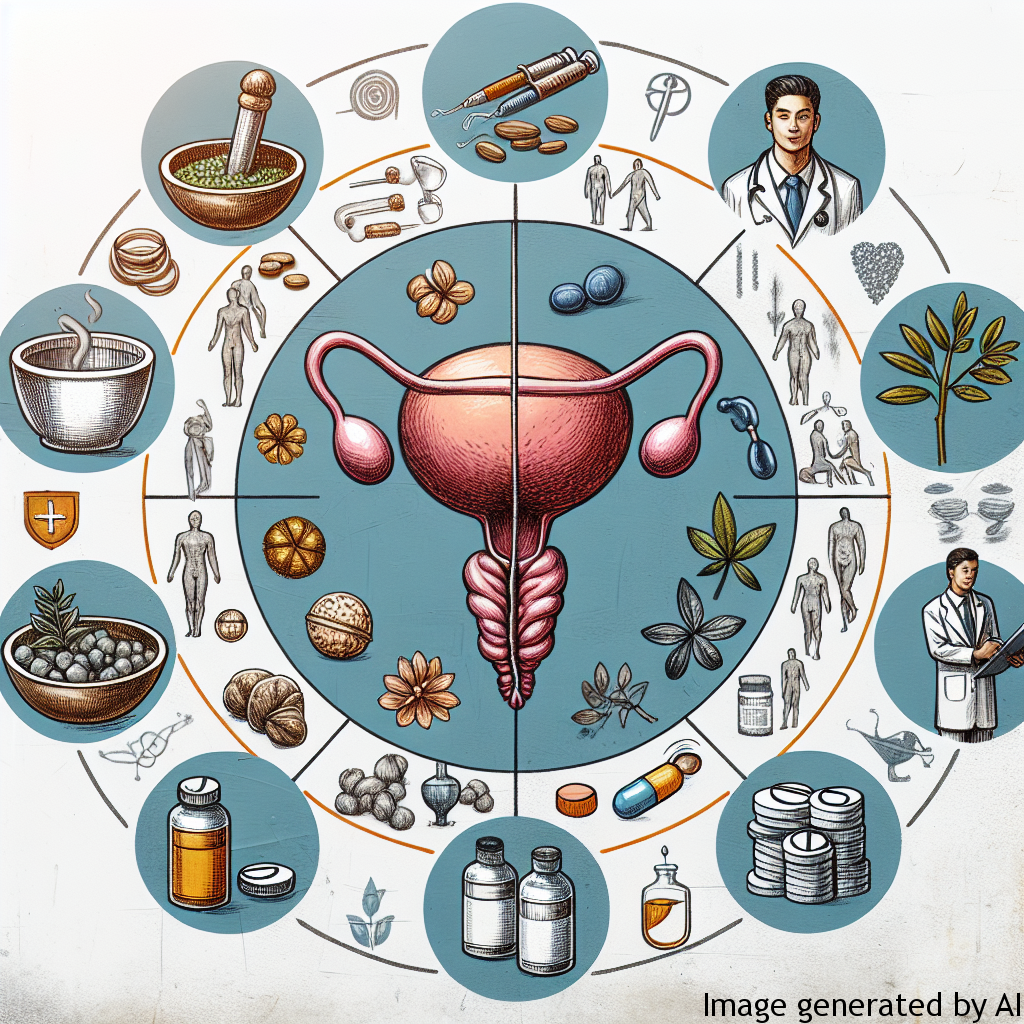Introduction
Prostatitis, an inflammation or infection of the prostate gland, is a common condition that generally affects men under the age of fifty. The condition can cause painful or difficult urination, discomfort in the pelvic area, and several sexual disturbances like erectile dysfunction. Traditional treatments for prostatitis often include medication, surgery, and physical therapy. However, several integrative methods can also provide significant relief from prostatitis symptoms. These techniques include acupuncture, biofeedback, and cognitive behavioral therapy. These integrative methods, when used with traditional treatments, can help manage the physical symptoms and psychological side effects caused by prostatitis.
Gender Expectations and their Impact on Men’s Psychological Health
Societal expectations create a certain mental burden on men, especially regarding their health-related issues. For instance, societal norms often expect men to be strong and invincible, overlooking the fact that they can also have physical and psychological health issues.
Impact on Prostatitis Treatment
For conditions like prostatitis, the associated symptoms can result in various psychological effects like depression, stress, anxiety, and emotional disorder. A common hindrance in mitigating these effects is the societal gender norms that discourage men from seeking medical help. Acknowledging this issue is the first step towards providing an integrative treatment for prostatitis.
Examples of How Gender Roles Impact Men’s Lives
The “tough guy” stereotype can deter men from seeking help for their ailments, including prostatitis. They are less likely to seek mental healthcare and are more prone to hide symptoms of stress or discomfort to avoid appearing weak. Men suffering from prostatitis might ignore the symptoms or avoid discussing them due to embarrassment, thereby delaying diagnosis and treatment.
Tips for Improving Psychological Health Considering Gender Roles
Fostering an environment that encourages men to discuss their health issues openly can be a significant step towards better physical and mental health. Regular exercise, navigating beyond societal norms, practicing mindfulness, and seeking professional help can play a crucial role in managing prostatitis more effectively.
Conclusion
The integrative approach for the treatment of prostatitis considers both the physical symptoms and the psychological side effects of the disease. Besides practical medical interventions, understanding and addressing the impact of societal expectations on men’s health are essential for comprehensive treatment and faster recovery. As a society we must normalize men seeking help, create healthier lifestyle choices, and re-evaluate our expectations, to effectively tackle conditions like prostatitis.

